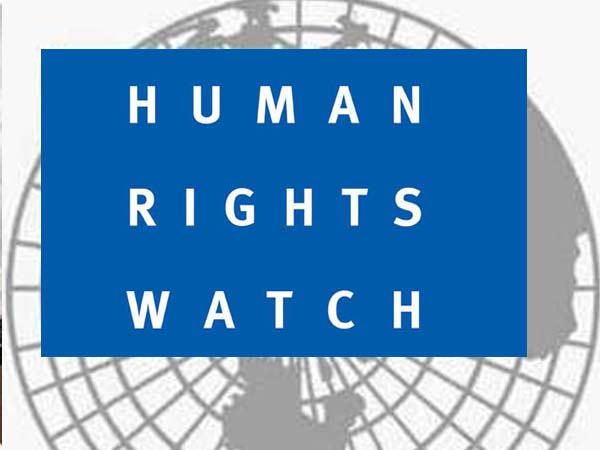Human Rights Watch: Disputes over rescues off Libyan coast put lives at risk

The European Union’s obstruction of nongovernmental rescues and handover of responsibility to Libyan coast guard forces is a recipe for even greater loss of life in the Mediterranean and a continuing cycle of abuse for people trapped in Libya, Human Rights Watch said today.
“The EU’s efforts to block rescues and dithering on where rescued people can land, propelled by Italy’s hard-line and heartless approach, is leading to more deaths at sea and greater suffering in Libya,” said Judith Sunderland, associate Europe and Central Asia director at Human Rights Watch. “Instead of discouraging rescues by nongovernmental organizations, commercial vessels, and even military ships, EU member states and institutions should ensure that rescued people can be taken to safe ports where their protection needs can be met.”
In a visit to Libya in early July, Human Rights Watch interviewed Libyan coast guard forces, dozens of detained refugees and migrants in four official detention centers in Tripoli, Zuwara, and Misrata, and officials from international organizations. The detained asylum seekers and migrants interviewed made serious allegations of abuse by guards and smugglers, and some reported aggressive behavior by coast guard forces during rescue operations at sea. Human Rights Watch confirmed that Libyan coast guard forces lack the capacity to ensure safe and effective search-and-rescue operations.
Since his government came to power in early June, Italy’s deputy prime minister and interior minister, Matteo Salvini, has campaigned against nongovernmental rescue organizations operating in the Mediterranean and refused or delayed ships from disembarking hundreds of vulnerable people rescued at sea in Italy, including military and commercial vessels. On July 23, the Italian government announced it would allow military ships participating in EUNAVFOR MED, the EU’s anti-smuggling operation, to disembark in Italy for five weeks while they renegotiate the mission’s operational plan.
In recent weeks, only the Spanish group Proactiva has patrolled international waters off the Libyan coast. All other rescue organizations are either blocked in Italian and Maltese ports by legal action or are planning new operating procedures given the uncertainty around rescue coordination and disembarkation. The risk that their vessels could be impounded, or that they could face criminal prosecution or financial loss from delayed disembarkation, risks deterring commercial ships from rescuing people at sea, even as the demand increases.
How to submit an Op-Ed: Libyan Express accepts opinion articles on a wide range of topics. Submissions may be sent to oped@libyanexpress.com. Please include ‘Op-Ed’ in the subject line.
- Tunisia begins major migrant camp clearance - April 05, 2025
- Morocco and Mauritania airlines sign strategic partnership agreement - April 05, 2025
- Libya under Russian and Turkish occupation, says Al-Koni - April 05, 2025


